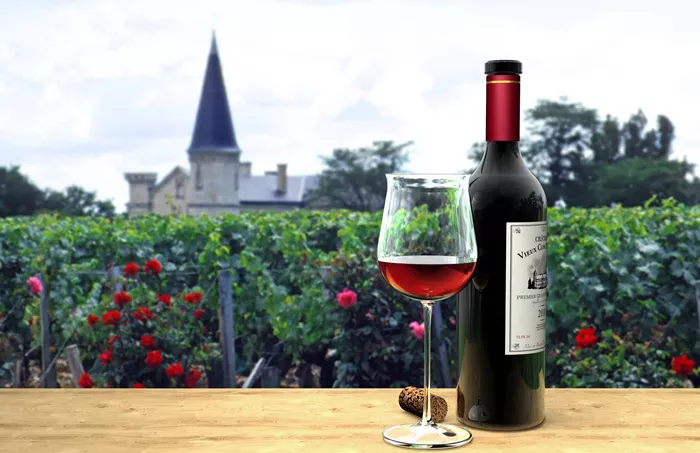The French Ministry of Agriculture has approved revisions to the production rules for Picpoul de Pinet wines, a move that will significantly increase maximum yields while maintaining quality and environmental standards. The changes, part of the Protected Designation of Origin (AOP) specifications, aim to help producers meet growing global demand for this distinctive white wine without compromising its heritage or sustainability commitments.
Under the updated regulations, irrigated vineyards can now produce up to 8,500 kg of grapes per hectare, a rise from the previous limit of 7,500 kg. Additionally, the standard yield has been increased from 55 to 66 hectoliters per hectare, with a maximum cap of 72 hectoliters. These adjustments are expected to provide a significant boost to Picpoul de Pinet producers, who have seen rising interest in their crisp, citrus-forward wines, particularly in the UK market.
Despite the focus on higher yields, environmental sustainability remains a cornerstone of the new rules. The use of plastic mulches and chemical herbicides on vineyard boundaries has been banned, requiring growers to adopt mechanical or physical methods for vegetation control between rows. These measures align with broader European Union initiatives to reduce the environmental impact of agriculture and promote eco-friendly viticulture practices.
Picpoul de Pinet, made exclusively from the Picpoul Blanc grape, is renowned for its refreshing acidity, citrus notes, and floral aromas. Its production is concentrated in the Hérault department in southern France, spanning six municipalities: Castelnau-de-Guire, Florensac, Mèze, Montagnac, Pinet, and Pomerols. Known locally as “La Marine,” the region’s proximity to the Mediterranean Sea influences its terroir, imparting a distinctive minerality to the wines.
The area’s winemaking tradition dates back to Roman times, when its light, refreshing wines were highly prized by traders. Today, the region continues to honor its heritage while embracing modern techniques. The decision to increase authorized production comes as international markets show growing demand for white wines with unique character and sustainable credentials.
Picpoul de Pinet has gained popularity not only in the UK but also in other European and North American markets, where its versatility as a pairing for seafood and fish dishes has made it a favorite. However, producers face ongoing challenges from climate change, which necessitates adaptive practices to preserve wine quality and protect the local ecosystem.
The approval of these new regulations reflects the evolving nature of viticulture within the AOP framework, striking a balance between tradition and innovation. While higher yields are now permitted, producers emphasize that quality remains their top priority. The ban on certain chemicals and the emphasis on sustainable vineyard management underscore the region’s commitment to environmental stewardship.
These changes will be implemented gradually, allowing growers to adapt to the new standards. As Picpoul de Pinet continues to serve as a benchmark for Mediterranean white wines, these reforms aim to strengthen its global presence while ensuring a harmonious balance between productivity and environmental responsibility.
You Might Be Interested In:


